Electronics Recycling Scams and Shams | How to Find a Responsible E-Recycler
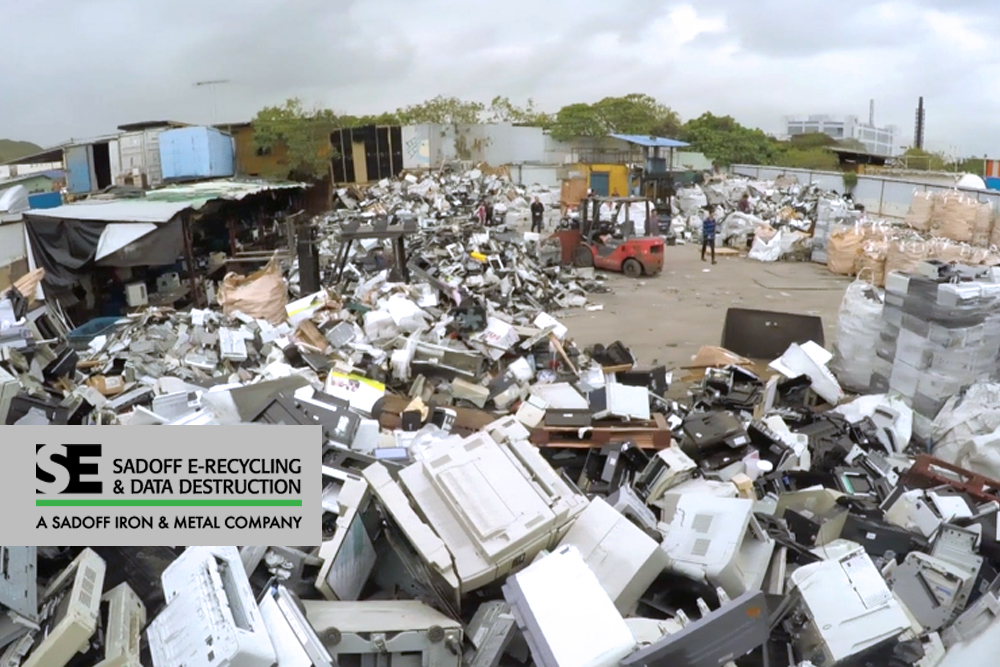 15
15 Jul
In April of 2019, the co-founders of Washington state’s largest recycler, Total Reclaim, were each sentenced to 28 months in prison. Their company was highly reputable, contracted to handle e-waste from the City of Seattle, the University of Washington, and the State of Washington. Total Reclaim claimed to be environmentally responsible, pledging to dispose of hazardous waste properly and being the biggest participant in a state-wide e-recycling program.
So, why the prison sentences?
Turns out, the company secretly shipped 8.3 million pounds of mercury-containing flat-screen monitors to Hong Kong between 2008 and 2016. Many of those screens were collected at Goodwill locations or other reputable drop-off locations. Total Reclaim’s co-founders each earned about $7.8 million in profits while workers in Hong Kong were unaware of the dangers of the screens, smashing them and releasing hazardous materials into the environment, according to The Seattle Times.
Items from libraries, hospitals, and other large organizations who had trusted Total Reclaim to properly dispose of their electronics were found. While the co-founders will also have to pay $945,000 in restitution and serve three years of supervised release, the impact on the environment and Hong Kong workers caused “damage that can’t be recovered,” according to the judge presiding over their case.
Sadly, e-recycling scams aren’t limited to this scandal. An owner of an e-recycling company in Chicago also recently plead guilty in an e-waste recycling fraud scheme. In this case, the owner stockpiled e-waste and had it landfilled or shipped overseas.
The stories are seemingly endless, with watchdog groups continuously uncovering other e-recyclers who are knowingly shipping hazardous materials.
How Electronics Recycling Should Work
Rather than exporting, stockpiling, or landfilling e-waste, responsible e-recyclers dispose of it at their own facilities and strive to recover maximum value from even obsolete assets, not just from assets that will churn a profit for the recycler.
That means true e-recyclers work to keep items with little value, such as keyboards and mice, out of landfills (and out of other countries) as much as they do other items, such as televisions. The right e-recycler uses on-site equipment to shred, sort, and separate electronic materials and will sell materials back into the supply chain for reuse (with the exception of hard drives). They should use established processes for secure data destruction, including shredding and drive purging.
Here’s a look at one of our state-of-the-art devices, which we use to ensure complete physical destruction of hard drives:
In short, the right e-recycler will dispose of materials themselves, in-house, and be able to guarantee your safety and security.
How to Find an E-Recycler You can Trust
With scandals seemingly everywhere, it can be hard to find an e-recycler to trust with e-waste. Here are a few factors that can help you identify a responsible recycler:
Look at the Cost (or lack thereof)
Unfortunately, it can be costly to recycle electronics properly. Shredding devices and other equipment can be expensive, and it requires sophisticated technology to effectively recycle electronics.
That means if a recycler takes items such as televisions or hard drives for free, it could be a red flag.
Look for Credentials and Certifications
At minimum, you’ll want your recycler to be R2-certified, which is the leading global certification standard for the electronics reuse and recycling industry. You’ll also want a company that adheres to NAID and NIST standards to ensure the secure destruction of your data.

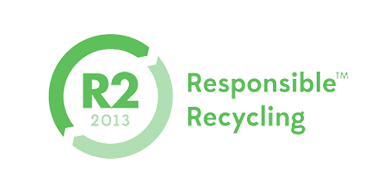
Ask to See Their Equipment/Facility
True e-recyclers should have working equipment such as shredders dedicated to recycling electronics at their facilities. Some e-recyclers may need to transport e-waste to a particular facility if they have multiple locations, but they should be able to be transparent with you about their processes and facilities.
In other words, if it seems like they’re trying to hide something, they probably are.
Ask for a Certificate of Destruction
Responsible e-recyclers have tracking systems for materials and provide certificates of destruction. But, some e-recyclers provide fake certificates of destruction, so you’ll want to look at the certificate closely and determine who’s liable for the disposal of electronics and data destruction.
Here at Sadoff E-Recycling & Data Destruction, we have an intensive logging and tracking system for the materials we receive and contractually own liability. We provide certificates of destruction upon request and are backed by insurance to help you rest assured that your electronics have been disposed of sustainably and securely. We’re committed to environmental responsibility and adhere to best practices for disposing both industry-specific (such as government or military equipment) and general e-waste while keeping your data safe.
Sadoff E-Recycling & Data Destruction can provide guidance on how to keep electronics recycling cost-effective while meeting your sustainability goals and ensuring data security. Contact us to find out more about our processes for recycling electronics and how you can benefit from making us your trusted e-recycling partner.
Tags: computer monitor recycling, data destruction, e-recycling, hard drive destruction, how to recycle a tv, proper disposal of computer monitor, recycling, sustainabilityCategorized in: E-Recycle, Electronics Recycling, Sustainability



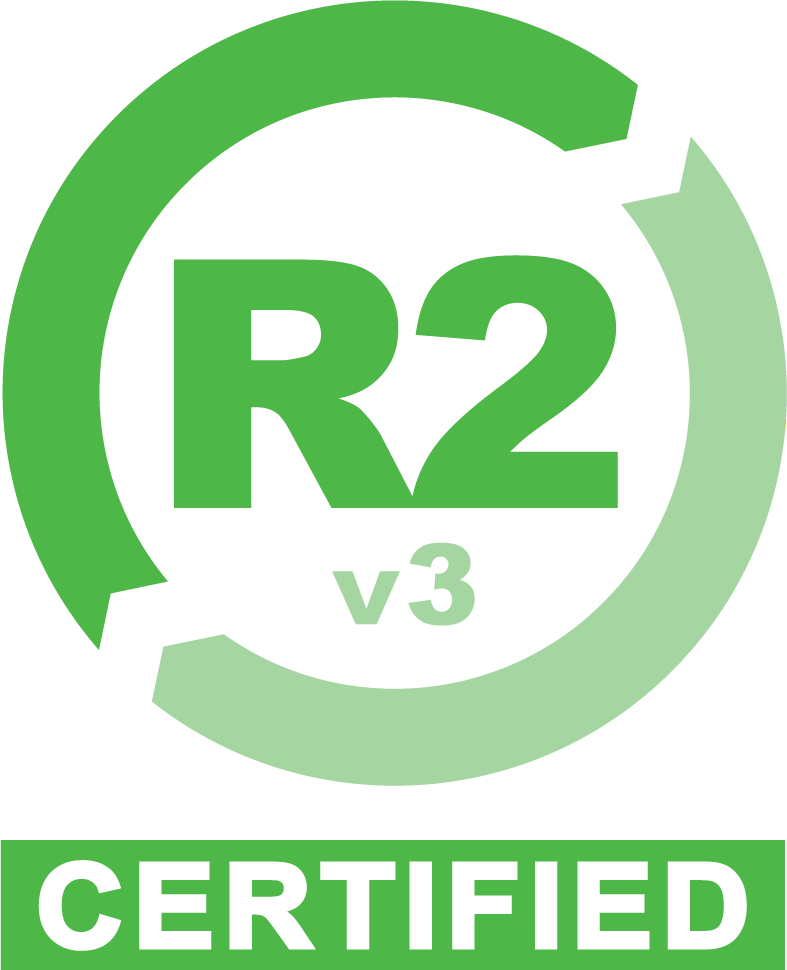
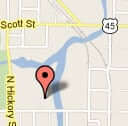 Google map directions
Google map directions
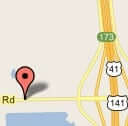 Google map directions
Google map directions
 Google map directions
Google map directions
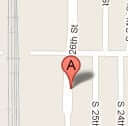 Google map directions
Google map directions
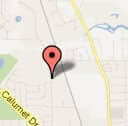 Google map directions
Google map directions
 Google map directions
Google map directions
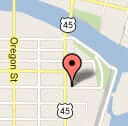 Google map directions
Google map directions